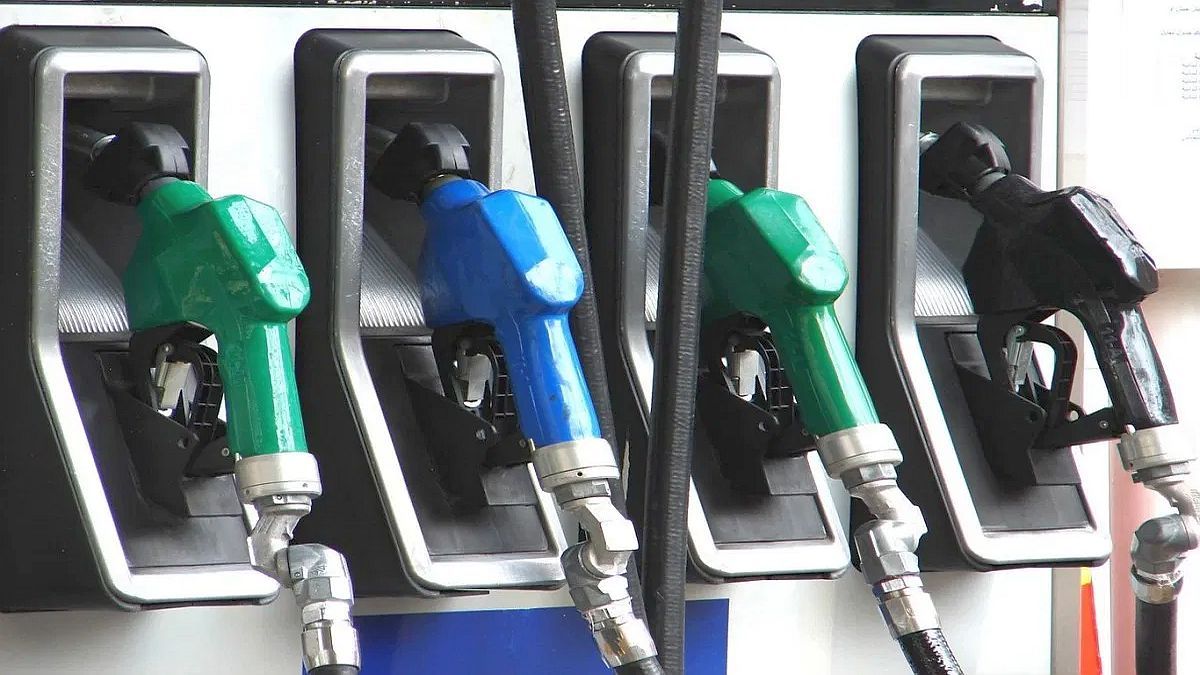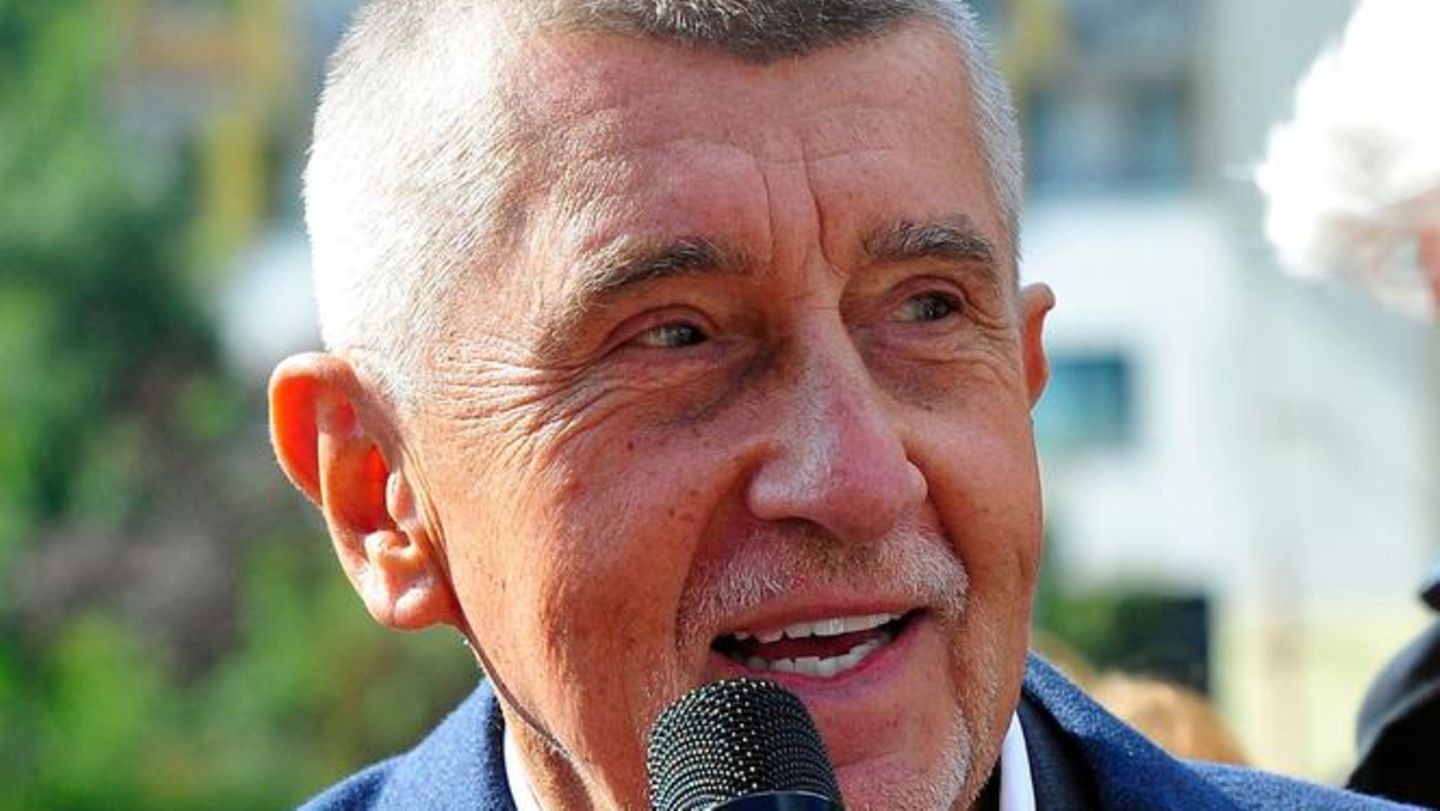The main oil companies in the country will rise to 7% the price of fuels during the next weekend at all service stations in the country.
as far as he could tell Ambiteven some companies intend to adjust up to 8% at once, double the 4% initially planned for mid-June and agreed with the national government within the framework of Fair Prices until next August 15. In the interior of the country, some brands have already applied a first increase and will surely complement it to reach a final 7% or 8%.
The average adjustment in the prices of gasoline and diesel was going to be applied first thing in the morning on Thursday, June 15. That increase would be 4%. But after a round of calls between managers and directors, the oil companies decided to delay that adjustment and wait for the weekend to add a few more points. They also wanted to know when the inflation for May was, which according to INDEC, it gave 7.8% per month. Thus, it is estimated that the increase would be between 6% and 7% depending on the companyand that it would begin to apply between Saturday and Sunday.
Unlike other raises, YPF – controller of 55% of the fuel market – would be the last to update its pumps. The decision of the state majority firm is to wait to see how the competitors behave and what they do. In the sector they assure that the strategy laissez-faire (letting go) gives you arguments to follow in the footsteps of others.
The vendors maintain that the accumulated inflation in 2023 reached the 42.2% and fuel prices went up 23%. But they also warn that half of the service stations throughout the country still have not reached the break-even point, located today at 330,000 liters per month. “We are with a rope around our necks, inflation and the delay in fuel prices make it unsustainable to keep the stations open. We need a solution”, they claimed from Cecha, the confederation that brings together more than 4,800 outlets.
In the Government they deny the extra points of increase, but they would not stop the measure nor would they consider the current pact to have fallen. They admit that the sectorial ultracepo that the Central Bank applied to the oil companies to access official dollars to import premium fuels unbalanced the Fair Prices agreement.
This deal seeks for the companies to go out and get the dollars to buy the fuels through a loan to local banks. In exchange, the Central Bank grants a letter that will be adjusted to the linked dollar. Officials acknowledge that the cost of this measure for companies is important: Argentina imports between 5 and 6 shipments of gasoline and diesel per month, which at current prices have an estimated cost close to US$270 million.
However, they also consider that those oil companies that obtained their financing for 90 days have a merciful green light. After all, they say in official dispatches, the impact of an extra 3% in the monthly increase will not modify the general inflationary scenario.
Source: Ambito




